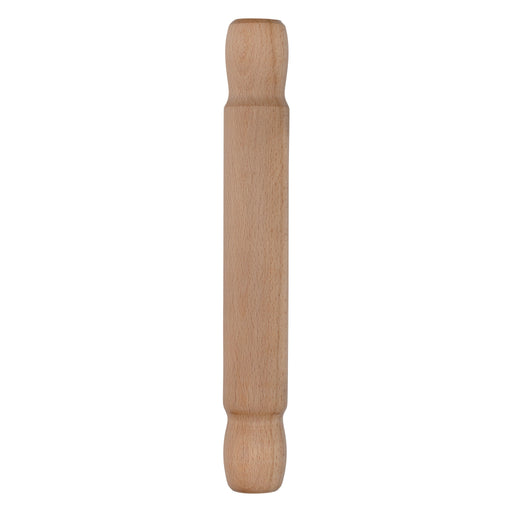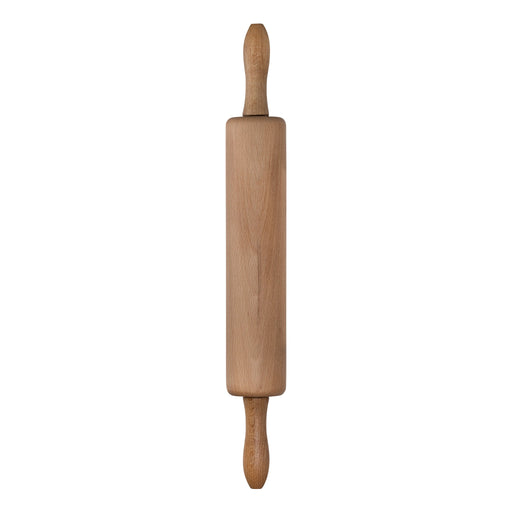Beech and olive wood kitchen utensils are two of the most popular types of wood used in the kitchen. Although both types of wood are similar in terms of durability and aesthetics, there are some key differences between the two.
Beech wood is a hard, heavy, and dense type of wood that is primarily used for making cutting boards, kitchen utensils, and furniture. It is a common type of wood because it is readily available and relatively inexpensive. Beech wood has a light color and a fine grain, making it an ideal choice for kitchen utensils. It also has the property of repelling bacteria, which makes it a hygienic choice for cutting boards and kitchen utensils.
Olive wood is a dark, dense type of wood known for its beautiful grain pattern and characteristic color variations. It is primarily used for making cutting boards, serving bowls, and kitchen utensils.Olive wood has a unique appearance and adds a touch of style to any kitchen. The wood also has a natural antibacterial property, making it ideal for creating cutting boards and kitchen utensils.
A significant difference between beech wood and olive wood is the hardness of the wood types. Olive wood is considerably harder than beech wood, which means it is less likely to get scratched or damaged. This makes olive wood kitchen utensils ideal for handling hot pots and pans. Beech wood is softer and can be more easily scratched or damaged when exposed to high temperatures.
Both types of wood are durable and environmentally friendly. Beech wood grows quickly and is readily available, while olive trees are usually cut down to make way for new trees. However, both types of wood are recyclable and can be used for other purposes after being used as kitchen utensils.


